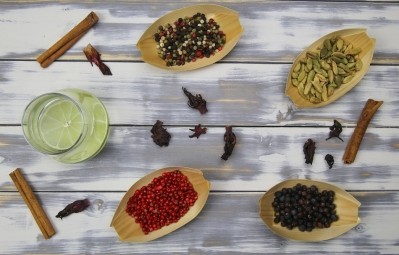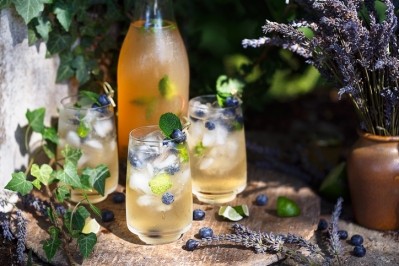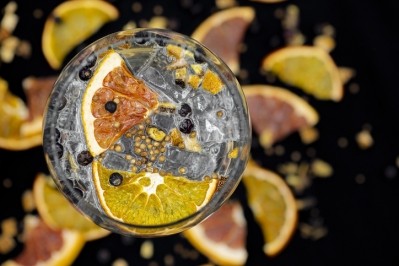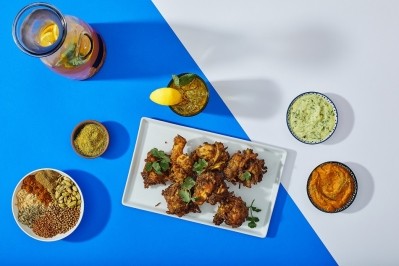Zero-proof drinks movement spurs botanicals usage, says Kerry
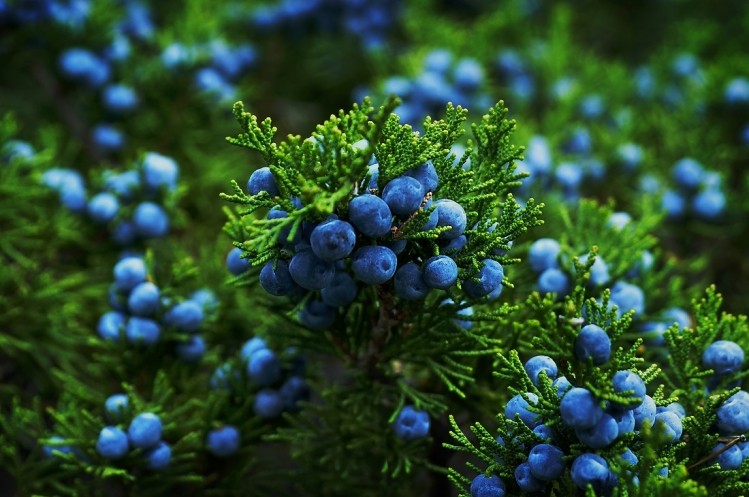
Kerry, which over the years has sourced over 900 raw botanicals to develop a wide variety of extracts for use in food and beverage products (its current Simply Nature portfolio includes more than 120 botanical extracts available for commercial use), says its Botanicals Collection Zero portfolio (launched in June 2020), has captured a growing number of consumers seeking to cut down on alcohol consumption, but who were also craving the same taste profile of their favorite libation.
According to Kerry, the global low- to no-alcohol market registered a 41% sales increase over the period 2015-2021, and botanical extracts in alcohol is currently a $500m market, growing at 9% annually. Concurrently, consumers are drinking fewer traditional alcohol alternatives such as juice and soda.
“Consumers are seeking authentic-tasting drink taste options beyond simply soft drinks. This makes low-alcohol spirits or no-alcohol beverages a growth market,” Coralie Garcia Perrin, global strategic marketing director, sweet & dairy taste, Kerry Taste & Nutrition, told
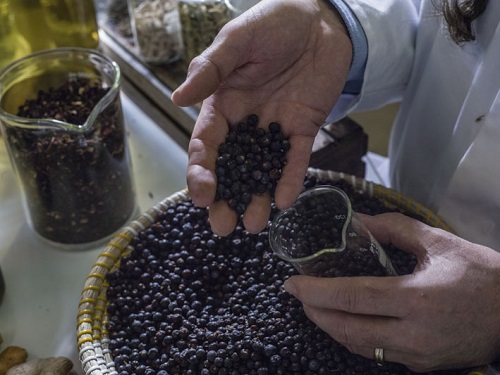
Food-Navigator-USA.
The Collection ZERO range contains more than 45 single distillate profiles and five fusions distillates that can be blended and tailored to specific markets. Its portfolio includes juniper, ginger, rose bud, chamomile, lemon, mint, orange, dandelion, cola nut, rhubarb, burdock, elderflower, black tea, cocoa, cumin, fennel, turmeric, and cinnamon.
Perrin explained that its botanicals range offers multiple advantages including being fully-traceable, clean-label, “and most important, ethanol-free and also free of any alternative solvent.
“The portfolio allows manufacturers to maintain a low (or zero) alcohol content and permits a ‘0.0%’ claim. In comparison to other ethanol-free technologies, the Collection ZERO range is more stable, with no haze, no sedimentation, and a fresher botanical taste and mouthfeel,” said Perrin.
Botanicals and wellness
From a macro perspective, Kerry noted how botanicals have become a proxy for wellness for many consumers who associate ingredients such as ginger, fennel, and turmeric with general well-being. Kerry has found that more consumers are linking botanical ingredients with emotional well-being and promoting "good moods".
“In recent years, consumers have become much more educated about and interested in consuming botanicals in beverages and foods. More than 50% of global consumers are looking for products with botanicals they believe improve health,” noted Perrin.
“More and more, consumers are looking for natural solutions that can deliver on taste but also bring additional benefits such as sensorial experiences, sensations, emotions, and healthy perceptions. Botanicals provide those.”
From 2017 to 2020, there has been a 46% growth in the number of beverages containing botanical extracts, according to Kerry. But Kerry has also seen botanicals usage moving beyond the beverage space where it’s mostly commonly used.
Beyond botanical beverages
“Historically, beverages have been one of the biggest category applications for botanicals but these days we find that consumers’ demands for new and interesting tastes has pushed food and beverage product developers to develop new tastes to capture their interest.
"Now, we’re finding customer applications in dairy, plant-based beverages and waters, ice cream and even in snacks, crackers, chips and savory snacks such as roasted nuts and seeds,” said Perrin, who added that for one large Asian snack maker, Kerry provided the green tea and Chinese herbs botanicals extracts to go into its roasted seeds and nuts.
The options and production applications for botanicals across the food and beverage landscape is virtually limitless, added Perrin.
“The potential of botanicals around the globe has barely been scratched and it’s clear that these have a rich future to add to developing new food and beverage product development.”
